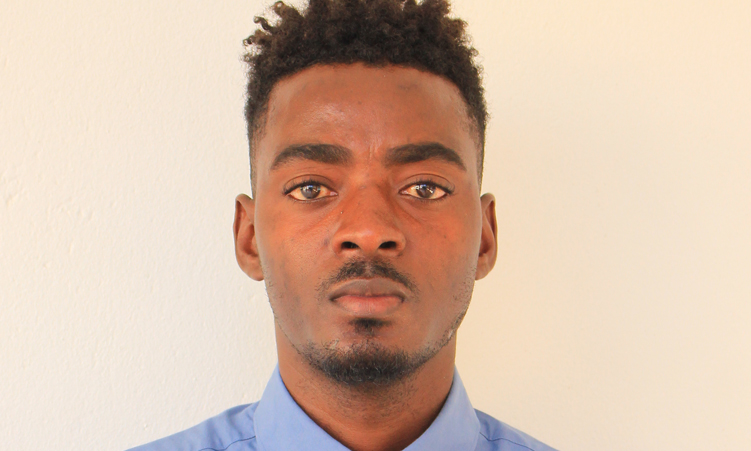“Everyone of us has a role to play. Indigenous people and settler Namibians can contribute to a healing chapter in our shared story of indigenous language removal, recovery, and revival.”
Decades of hard work have been dedicated to restoring and protecting indigenous languages that are a vital part of Namibia’s history.
The urgency of this continued and necessary effort cannot be overstated.
A 2023 survey by the Namibia Statistics Agency revealed a concerning trend among indigenous peoples, who represent approximately 8% of Namibia’s population.
For the first time in 34 years, there was a decline in the number of people sufficiently proficient in their language to participate in a conversation.
In addition, the number of individuals reporting an indigenous first language dropped by 7%.
This decline is not surprising given that many first language speakers, who learned these languages from birth, are nearing the end of their lives.
Violent and deliberate colonial attempts to sever the link between indigenous people and their cultures have had lasting effects.
INFORMED BY OUR ANCESTORS
The work of the Namibian Heritage Foundation over the past decades has laid a solid foundation to build upon successes.
Indigenous communities and their supporters aim to ensure that future generations learn and share the languages of their ancestors.
Regular indigenous-led gatherings and engagement platforms focused on language resurgence and continuation must be held countrywide.
These gatherings bring together indigenous language speakers and pupils, community leaders, programme developers, educators, and policymakers committed to revitalising indigenous languages.
As indigenous language pupils, speakers, teachers, and advocates, our focus is on hope.
What was once predicted to perish is very much alive.
There are indigenous language speakers of all ages across the country using their language skills daily. It is time to build on this momentum.
Funding and expertise from various Namibian institutions, which hold significant reconciliation responsibilities, could share the burden of developing pedagogy and supporting infrastructure essential to language teaching.
LET’S MAKE A DIFFERENCE
Moreover, not only large-scale initiatives are needed. Every individual can make a difference.
From displaying welcome signs in the languages of the region/area in store windows to advocating and participating in the restoration of indigenous place names or replacing colonial street names, all Namibians have a role to play in preserving indigenous languages.
To further combat language loss, comprehensive language programmes should be implemented in schools countrywide, integrating indigenous languages into the curriculum from an early age.
This would not only ensure the transmission of language to younger generations, but also foster a deeper appreciation of Namibia’s diverse linguistic heritage.
Efforts should also be made to document and preserve indigenous languages through audio recordings, written materials, and digital archives.
This would not only serve as a valuable resource for linguistic research, but also provide future generations with access to their cultural and linguistic heritage.
THE PAST POWERS THE FUTURE
In addition, partnerships between indigenous communities, educational institutions and government agencies should be strengthened to support ongoing language revitalisation efforts.
Language is pivotal to our well-being as a people as the ideology and cultural fabric that define us is coded in our language.
Our true selves are expressed through our native language. This is why nations who remain true to their identity and language have been known to produce greater innovations, inventions, and creations – it’s because they are rooted in our true selves.
Nothing defines our true selves better than language. If a people wants to destroy another, they target their language.
This explains why Africa is home to some of the most fragmented societies. When you destroy a people’s languages, you dismantle the very foundation that unites them, erasing the unique intelligence inherent to that community.
When language is destroyed, self-pride dies, self-worth vanishes and identity is lost.
With identity lost, people become susceptible to any form of ideology, not in the sense of open-mindedness, but in the sense of making them vulnerable to any form of doctrine.
In this way, we become replicas of other cultures. True civilisation lies in staying true to oneself.
By working together, we can ensure that Namibia’s indigenous languages not only survive, but thrive for generations to come.
- • Gideon Kapuka is a researcher, writer, and business consultant. You can reach him at gideonkapuka5@gmail.com for further information.
Stay informed with The Namibian – your source for credible journalism. Get in-depth reporting and opinions for
only N$85 a month. Invest in journalism, invest in democracy –
Subscribe Now!






